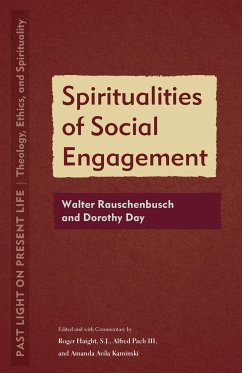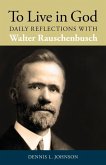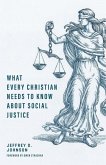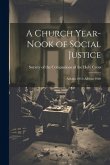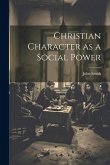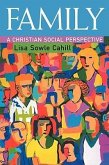This volume considers two authors who represent different but complementary responses to social injustice and human degradation. The writings of Walter Rauschenbusch and Dorothy Day respond to an American situation that arose out of the Industrial Revolution and reflect especially-but not exclusively-urban life on the East Coast of the United States during the late nineteenth and first half of the twentieth centuries. Although these two authors differ greatly, they both reacted to the extreme social inequality and strife that occurred between 1890 and the beginning of World War II. They shared a total commitment to the cause of social justice, their Christian faith, and an active engagement in the quest for a just social order. But the different ways they reacted to the situation generated different spiritualities. Rauschenbusch was a pastor, writer, historian, and seminary professor. Day was a journalist who became an organizer. The strategic differences between them, however, grew out of a common sustained reaction against the massive deprivation that surrounded them. There is no spiritual rivalry here. They complement each other and reinforce the Christian humanitarian motivation that drives them. Their work brings the social dimension of Christian spirituality to the surface in a way that had not been emphasized in the same focused way before them. They are part of an awakening to the degree to which the social order lies in the hands of the people who support it. Both Rauschenbusch and Day are examples of an explicit recognition of the social dimension of Christian spirituality and a radical acting-out of that response in two distinctly different ways.

